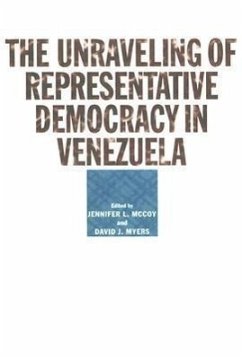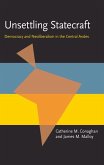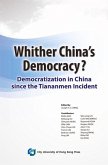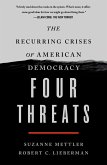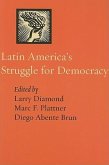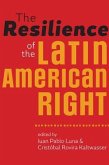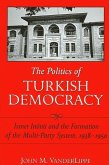For four decades, Venezuela prided itself for having one of the most stable representative democracies in Latin America. Then, in 1992, Hugo Chvez Fras attempted an unsuccessful military coup. Six years later, he was elected president. Once in power, Chvez redrafted the 1961 constitution, dissolved the Congress, dismissed judges, and marginalized rival political parties. In a bid to create direct democracy, other Latin American democracies watched with mixed reactions: if representative democracy could break down so quickly in Venezuela, it could easily happen in countries with less-established traditions. On the other hand, would Chvez create a new form of democracy to redress the plight of the marginalized poor? In this volume of essays, leading scholars from Venezuela and the United States ask why representative democracy in Venezuela unraveled so swiftly and whether it can be restored. Its thirteen chapters examine the crisis in three periods: the unraveling of Punto Fijo democracy; Chvez's Bolivarian Revolution; and the course of "participatory democracy" under Chvez. The contributors analyze such factors as the vulnerability of Venezuelan democracy before Chvez; the role of political parties, organized labor, the urban poor, the military, and businessmen; and the impact of public and economic policy. This timely volume offers important lessons for comparative regime change within hybrid democracies. Contributors: Damarys Canache, Florida State University; Rafael de la Cruz, Inter-American Development Bank; Jos Antonio Gil, Yepes Datanalisis; Richard S. Hillman, St. John Fisher College; Janet Kelly, Graduate Institute of Business, Caracas; Jos E. Molina, University ofZulia; Moss Nam, Foreign Policy; Nelson Ortiz, Caracas Stock Exchange; Pedro A. Palma, Graduate Institute of Business, Caracas; Carlos A. Romero and Luis Salamanca, Central University of Venezuela; Harold Trinkunas, Naval Postgraduate School.

